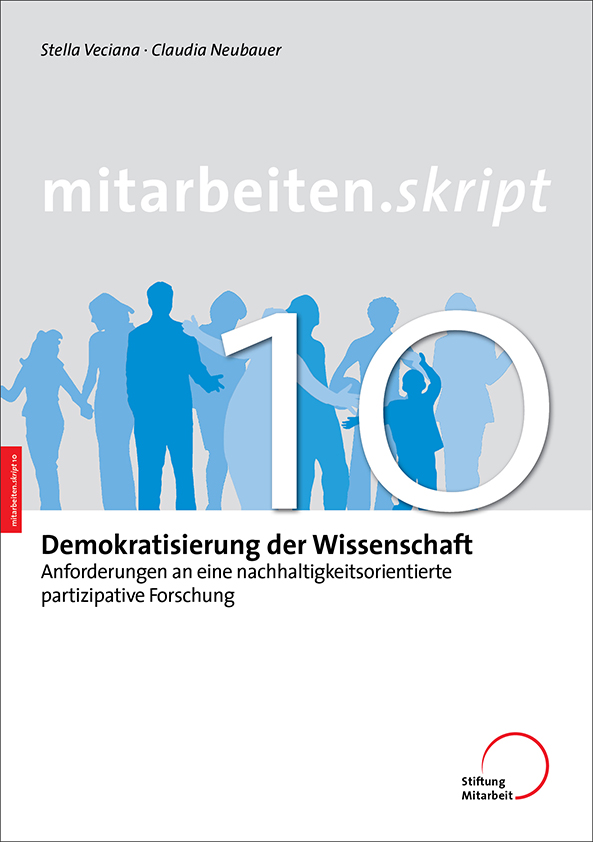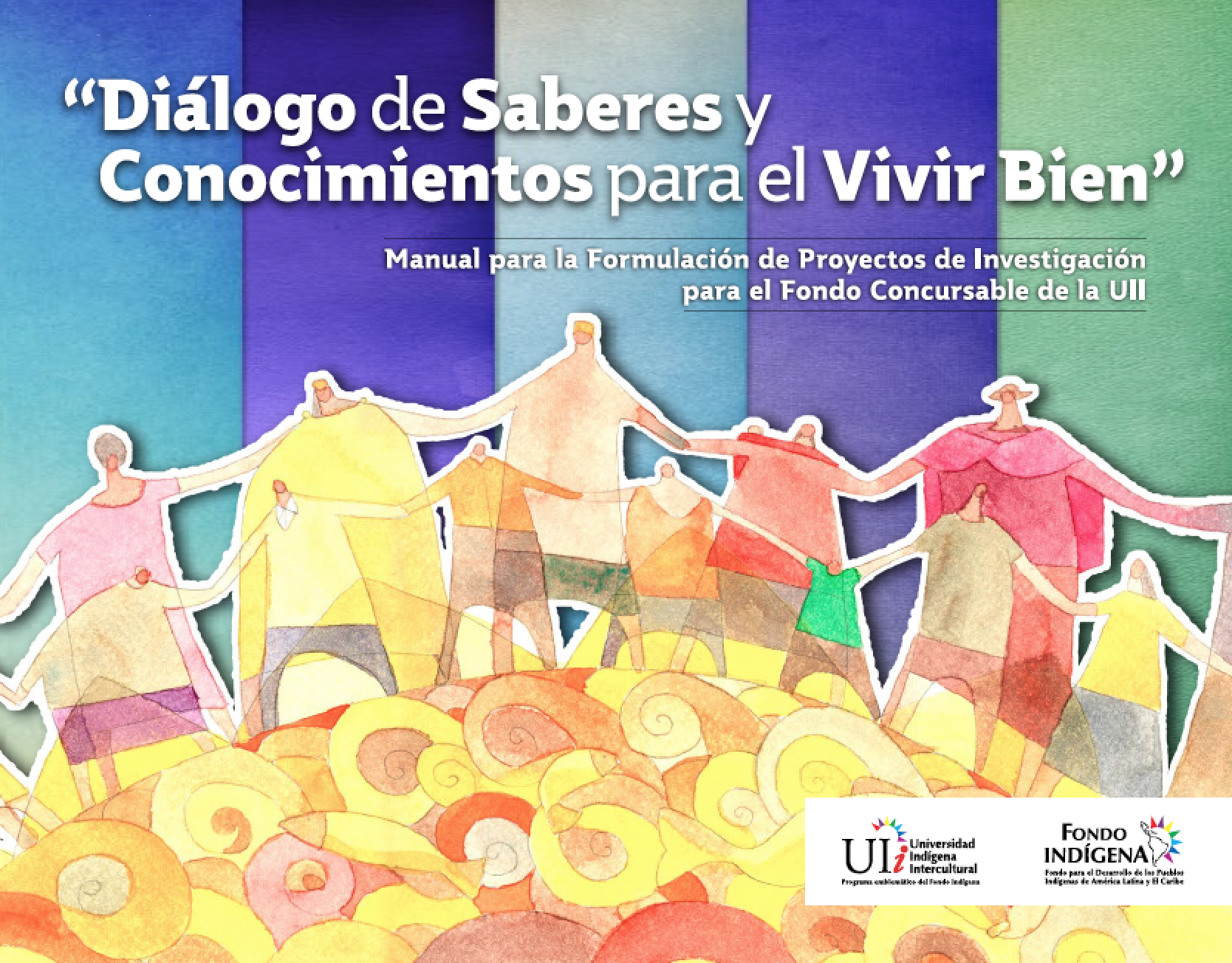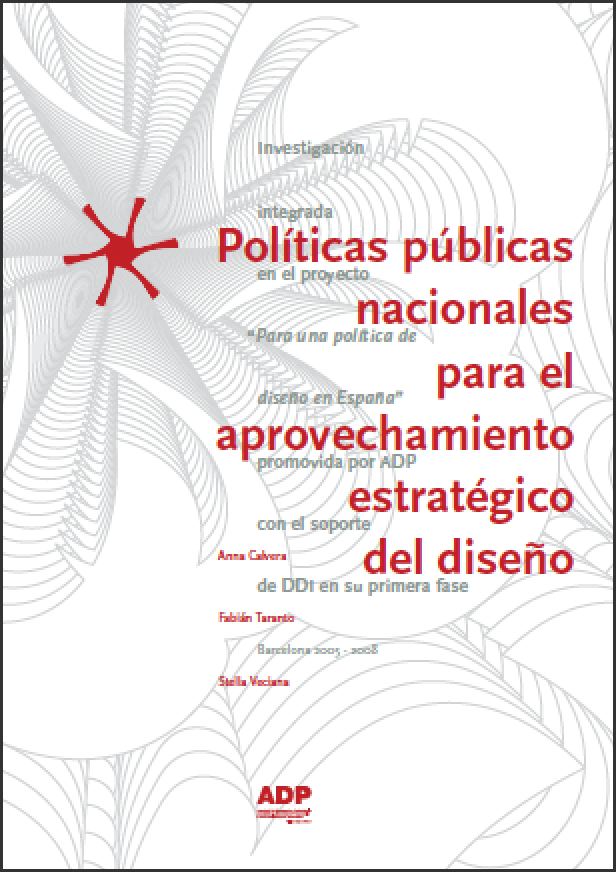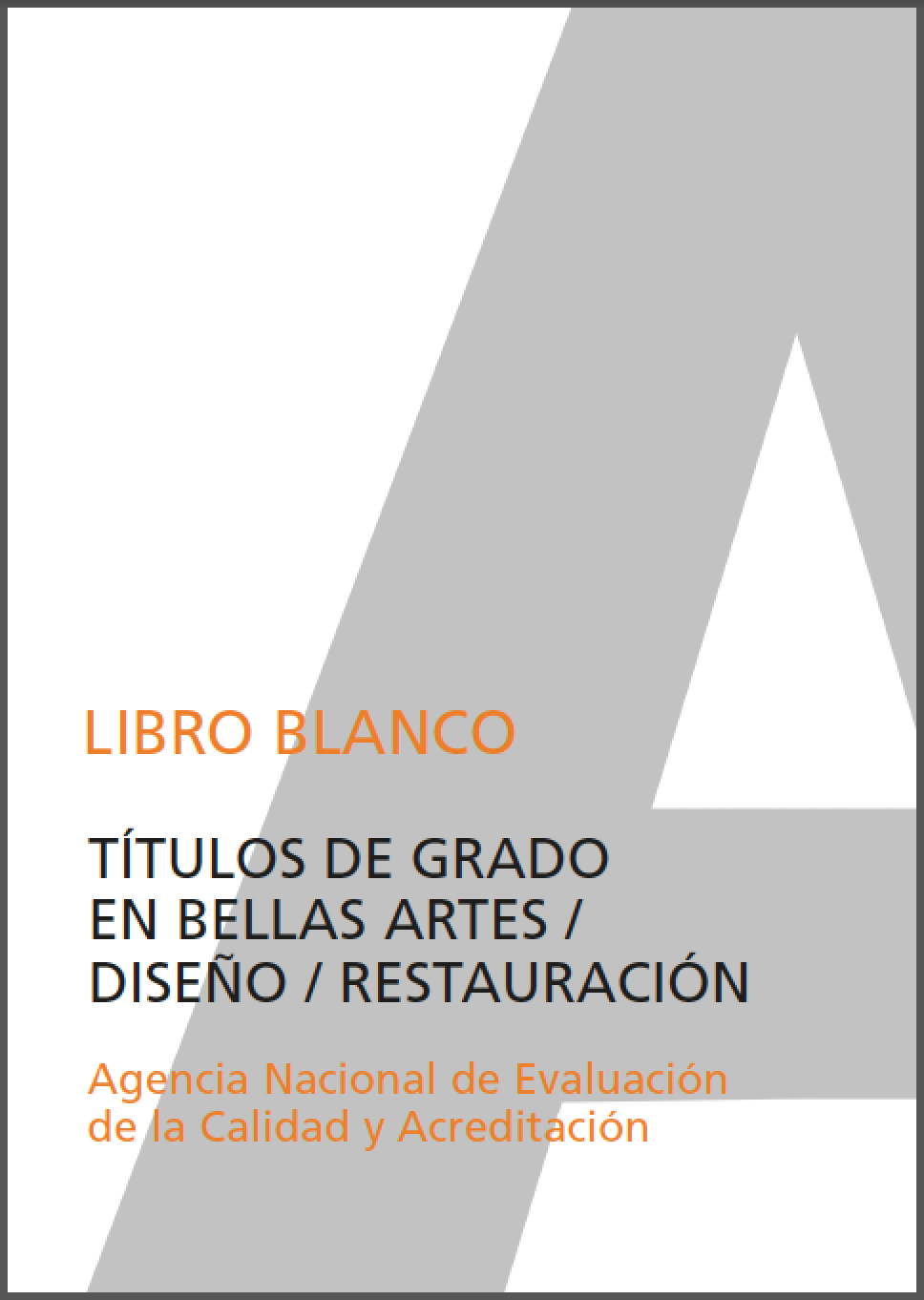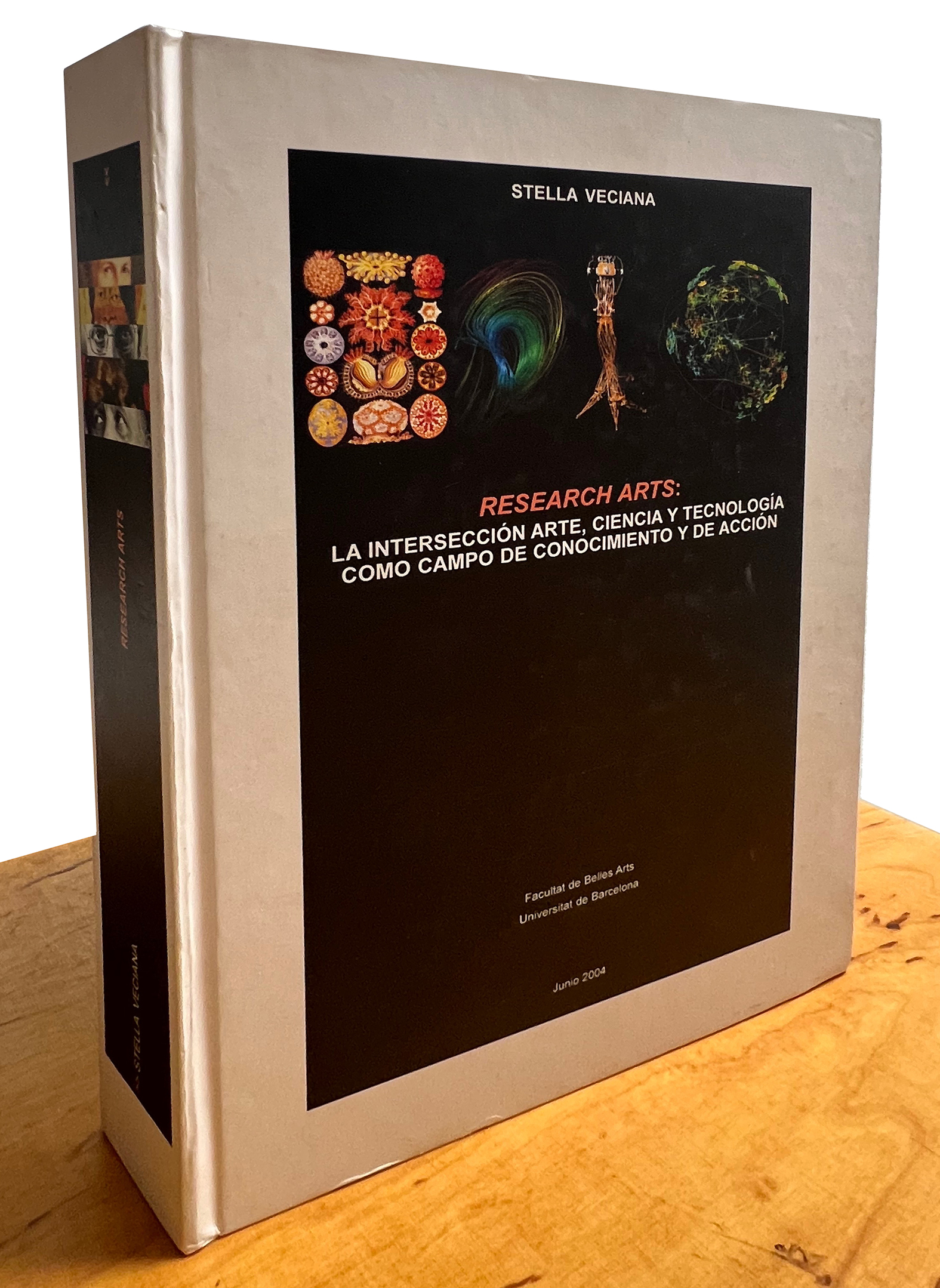Veciana, S., Urbain, H., Schwab, A. (2020): Leben in zukunftsfähigen Dörfern Ökodörfer als Katalysatoren nachhaltiger Entwicklung. Projektstudie. Texte 21/2020, Eds.: Umweltbundesamt, Dessau-Roßlau. https://www.umweltbundesamt.de/publikationen/leben-in-zukunftsfaehigen-doerfern
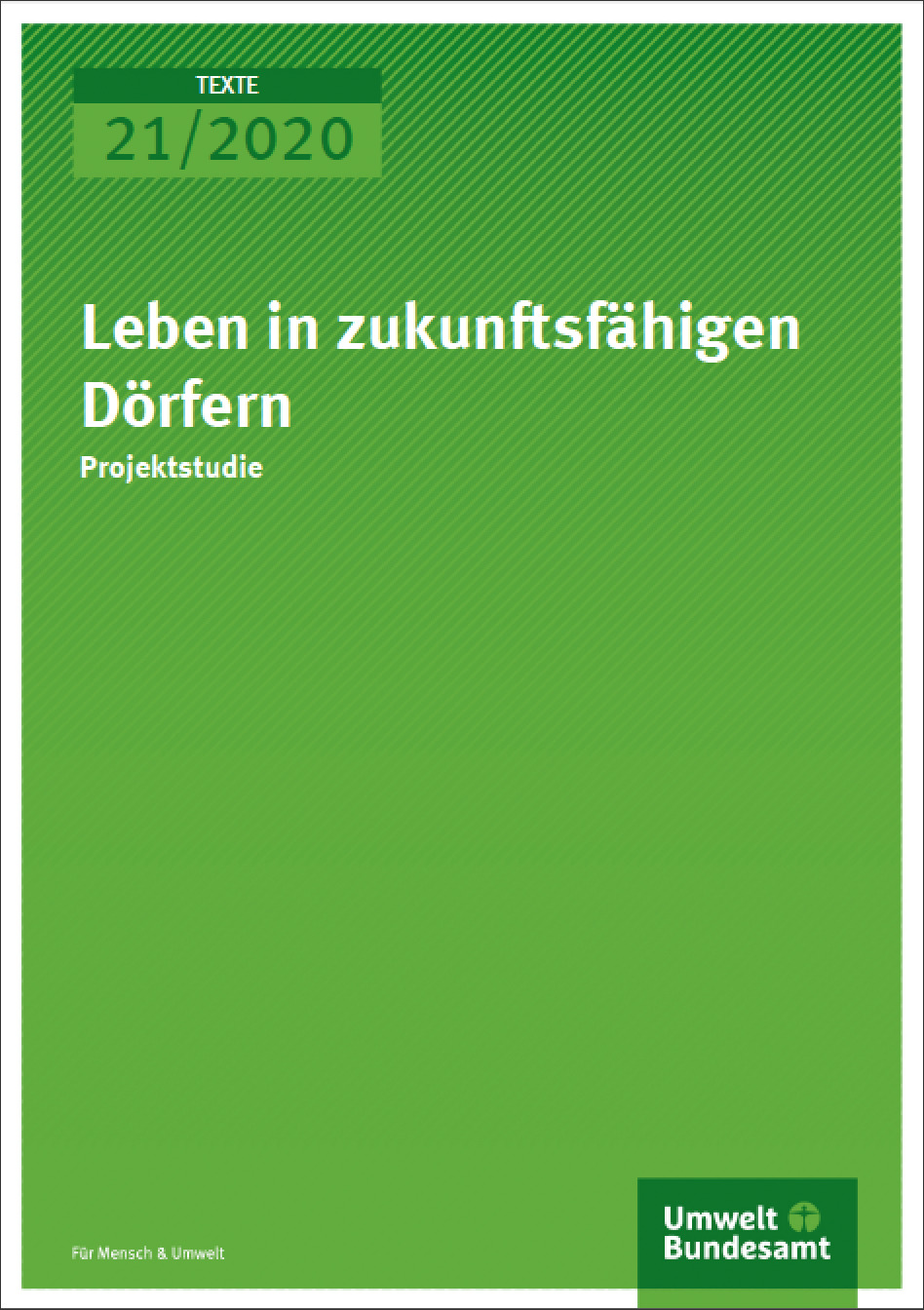
The project study examines the opportunities and problems of sustainable village development and the agents of change based on the pilot project "Living in sustainable villages" (2017-2019) carried out by the Global Ecovillage Network (GEN). The project used five collaborative partnerships between an ecovillage and an established village to test the possibilities of tangible sustainable change. Sustainability evaluations were used to identify existing good examples of solutions for the respective challenges of the villages in both the eco-villages and the established villages, and new ideas were also developed, for example in the form of an organic village store or a carpooling bank.
On the basis of guided interviews, the study examines the instruments and methods developed by GEN to support such an sustainable village development process, in particular their applicability and impact in the village. The analysis focuses on the parallel sub-processes of five village cooperation projects and the success factors for the work of change agents in village development processes. It was shown that in all village processes, clear local approaches to successful transformation dynamics could be achieved. Finally, based on the results of the study, the need for further research was identified and recommendations for future sustainable village development projects were formulated.
Die Projektstudie untersucht die Chancen und Probleme einer nachhaltigen Dorfentwicklung und ihrer Akteur*innen des Wandels anhand des vom Ökodorfnetzwerk GEN (Global Ecovillage Network) durchgeführten Pilotprojektes „Leben in zukunftsfähigen Dörfern“ (2017-2019). Im Projekt wurden anhand von fünf partnerschaftlichen Kooperationen zwischen jeweils einem Ökodorf und einem gewachsenen Dorf Möglichkeiten eines greifbaren zukunftsfähigen Wandels erprobt. Anhand von Nachhaltigkeits-Evaluationen wurden sowohl in Ökodörfern als auch in den gewachsenen Dörfer bestehende gute Beispiele von Lösungsansätzen für die jeweiligen Herausforderungen der Dörfer erhoben und darüber hinaus neue Ideen entwickelt, etwa in Form eines Bio-Dorfladens oder einer Mitfahrbank.
Die Studie überprüft auf der Basis von Leitfaden-gestützten Interviews die von GEN partizipativ entwickelten Instrumente und Methoden zur Unterstützung solcher nachhaltiger Dorfentwicklungsprozesse, insbesondere auf ihre Anwendbarkeit und auf ihre Wirkung im Dorf. Schwerpunkte der Analyse sind die parallel gelaufenen Teilprozesse von fünf Dorf-Kooperationen und die Erfolgsfaktoren für die Arbeit von Akteur*innen des Wandels in Dorfentwicklungsprozessen. Dabei zeigte sich, dass in allen Dorfprozessen anschauliche lokale Ansätze einer erfolgreichen Transformationsdynamik erzielt werden konnten. Auf Basis der Studienergebnisse ist abschließend weiterer Forschungsbedarf identifiziert sowie Empfehlungen für zukünftige nachhaltige Dorfentwicklungsprojekte formuliert worden.
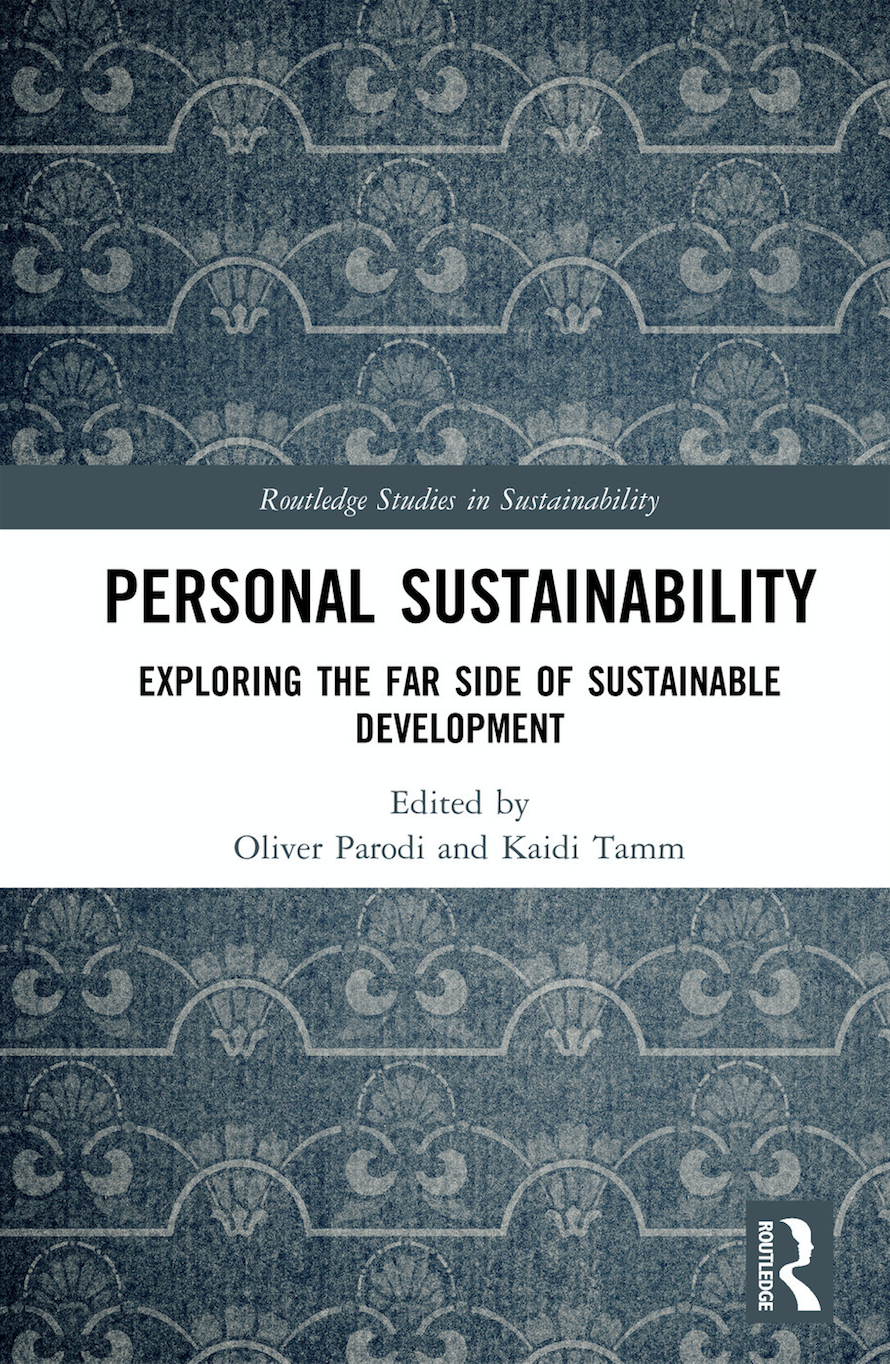
Only quite recently transitions research has started to examine the potential of innovative social practices developed by intentional communities and ecovillages for catalysing sustainability transitions. In particular there is an emerging interest in the research field of personal sustainability aiming to understand personal preconditions and motivations to choose such sustainable lifestyles. This line of research also focuses on possible ways of evaluating the reciprocal influence between individual behaviour and wider socio-cultural transitions.
This book chapter aims to address the influence of personal sustainability on transition pathways in conceptual, methodological and empirical terms. It explores how three selected community-design practices foster personal sustainability competences of community members, especially for inner conflict resolution and self-empowerment. Furthermore, the community-led approach to personal sustainability is explored regarding its actual and potential interactions with wide-scale systems transformation. This perspective seeks to broaden the established notion of sustainable development by including “alternative developments/alternatives to development” (Gudynas 2011).
Només fa molt poc que la investigació sobre transicions ha començat a examinar el potencial de les pràctiques socials innovadores desenvolupades per comunitats intencionals i ecoviles per catalitzar transicions de sostenibilitat. En particular, hi ha un interès emergent en el camp de la investigació de la sostenibilitat personal amb l'objectiu d'entendre el personal condicions prèvies i motivacions per triar aquests estils de vida sostenibles. Aquesta línia de recerca també se centra en possibles maneres d'avaluar la influència recíproca entre el comportament individual i les transicions socioculturals més àmplies.
Aquest capítol pretén abordar la influència de la sostenibilitat personal en les vies de transició en termes conceptuals, metodològics i empírics. Explora com tres pràctiques de disseny comunitari seleccionades fomenten les competències de sostenibilitat personal dels membres de la comunitat, especialment per a la resolució de conflictes interns i l'autoempoderament. A més, s'explora l'enfocament de la sostenibilitat personal dirigit per la comunitat pel que fa a les seves interaccions reals i potencials amb la transformació de sistemes a gran escala. Aquesta perspectiva pretén ampliar la noció establerta de desenvolupament sostenible incloent “desenvolupaments alternatius/alternatives al desenvolupament” (Gudynas 2011).
Veciana, S., Ottmar, K. (2018): Inner conflict resolution and self-empowerment as contribution for personal sustainability on the case of intentional community practices. In "Personal Sustainability: Exploring the Far Side of Sustainable Development", Oliver Parodi & Kaidi Tamm (Eds.) London : Routledge, p. 116-135. ISBN 9781315159997. DOI: 10.4324/9781315159997.
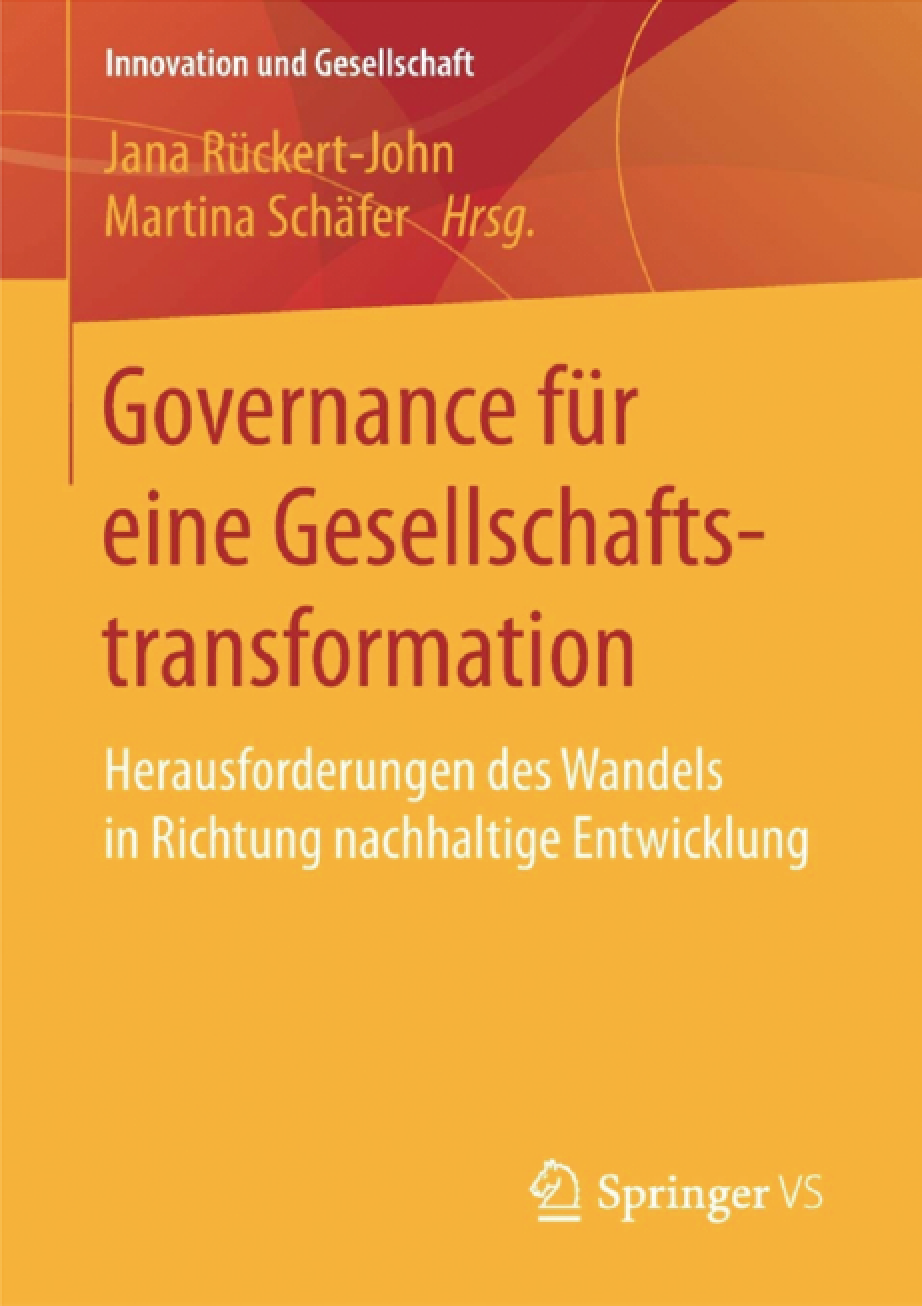
Increasing ecological and social problems are presenting the science system worldwide with the challenge of transformation towards sustainability more than ever before. (...) Against this background, the key question of this book chapter is how civil society is included in the German science system, particularly in the definition and design of research agendas, or how it can be used even more in the future. The following provides an introduction to the debate on transdisciplinary research in German-speaking countries and the expectations of civil society regarding science and research policy in Germany. Selected good practice examples from the global north and the global south show how civil society actors are currently designing new places for the integration of different forms of knowledge. Various innovative initiatives, including those from contemporary art, which innovatively support the needs of participatory knowledge generation, show what other qualities the shared spaces bring to the transformation process of the science system. The experiences gained in these shared spaces are followed by a final outlook on participatory research policy.
Zunehmende ökologische und soziale Probleme stellen das Wissenschaftssystem weltweit mehr denn je vor die Herausforderung der Transformation zur Nachhaltigkeit. (...) Vor diesem Hintergrund ist die Leitfrage dieses Buchkapitels, wie die Zivilgesellschaft im deutschen Wissenschaftssystem, insbesondere in der Festlegung und Gestaltung von Forschungsagenden, einbezogen wird beziehungsweise zukünftig noch stärker eingesetzt werden kann. Im Folgenden wird einführend auf die Debatte der transdisziplinären Forschung im deutschsprachigen Raum und die Erwartungen der Zivilgesellschaft an Wissenschaft und Forschungspolitik in Deutschland eingegangen. Ausgewählte Good-Practice-Beispiele aus dem globalen Norden und dem globalen Süden zeigen, wie Akteure/innen der Zivilgesellschaft gegenwärtig neue Orte der Integration unterschiedlicher Wissensformen gestalten. Durch unterschiedliche innovative Initiativen unter anderem aus der Gegenwartskunst, die Bedarfe einer partizipativen Wissensgenerierung innovativ unterstützt, wird aufgezeigt, welche anderen Qualitäten die Shared Spaces in den Transformationsprozess des Wissenschaftssystems einbringen. Aus den gesammelten Erfahrungen in diesen Shared Spaces folgt ein abschließender Ausblick auf partizipative Forschungspolitik.
Veciana, Stella (2017): Shared Spaces als Orte der Wissensintegration und künstlerische Experimentierräume für eine partizipative Forschungspolitik. In: „Gesellschaftliche Transformation und neue Governance-Formen. Herausforderungen des Wandels in Richtung nachhaltige Entwicklung“. ISInova e.V. Berlin, VS Verlag Springer. DOI: 10.1007/978-3-658-16560-4






